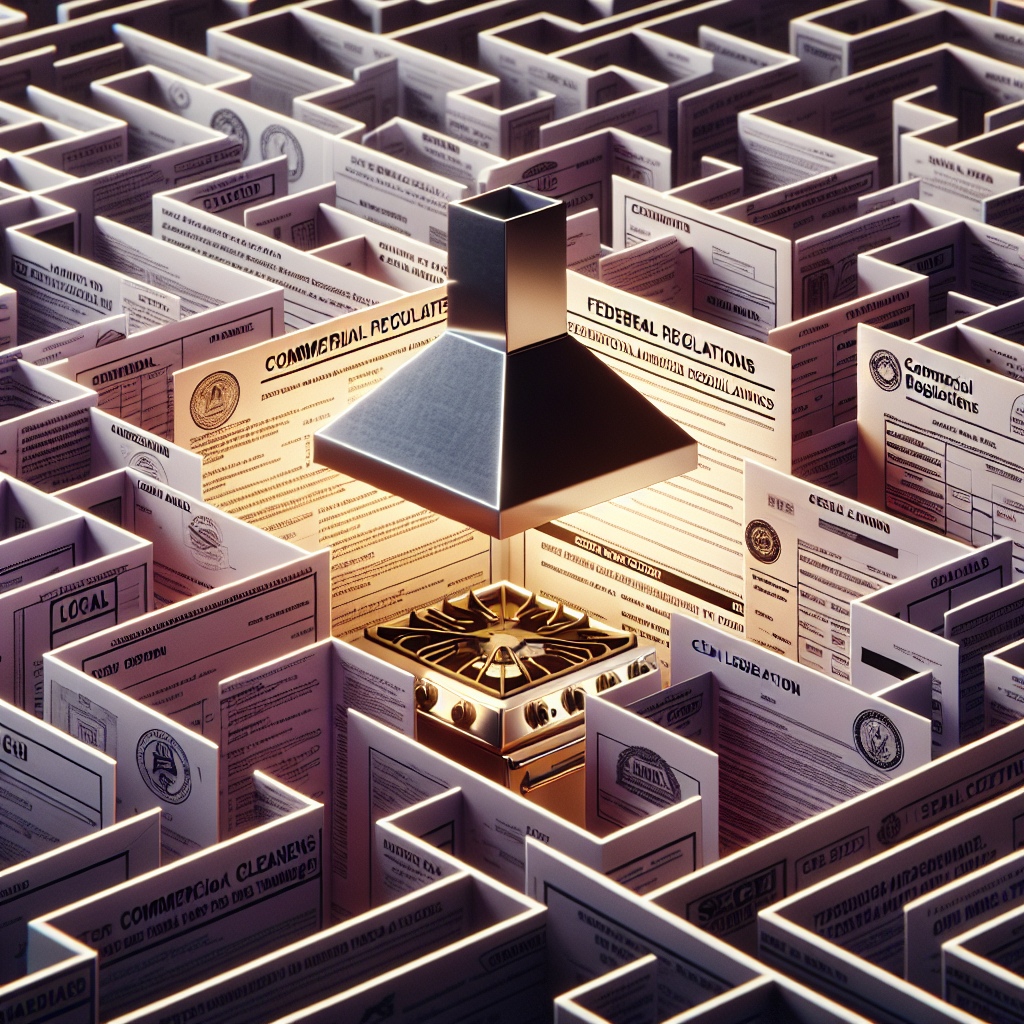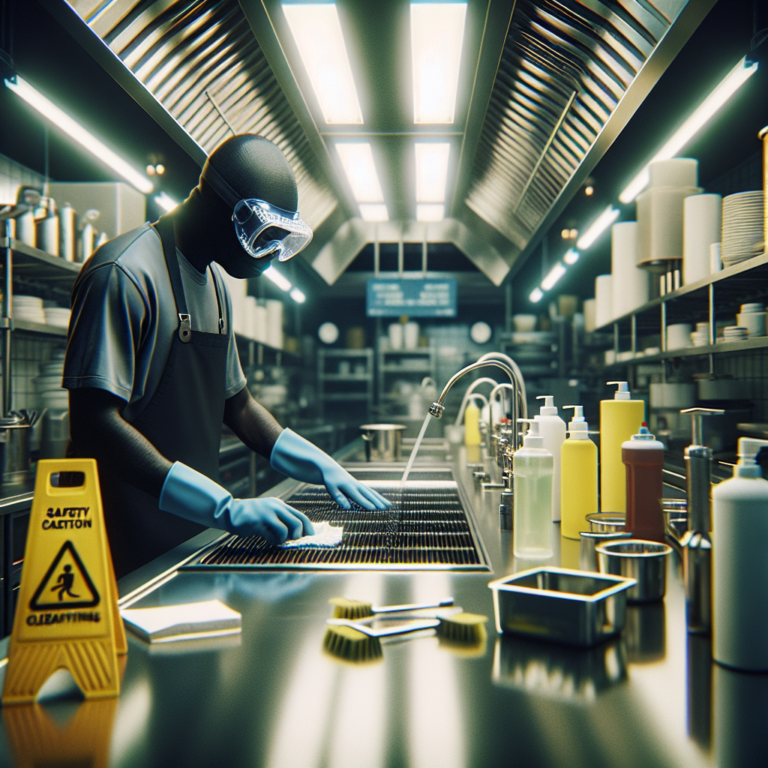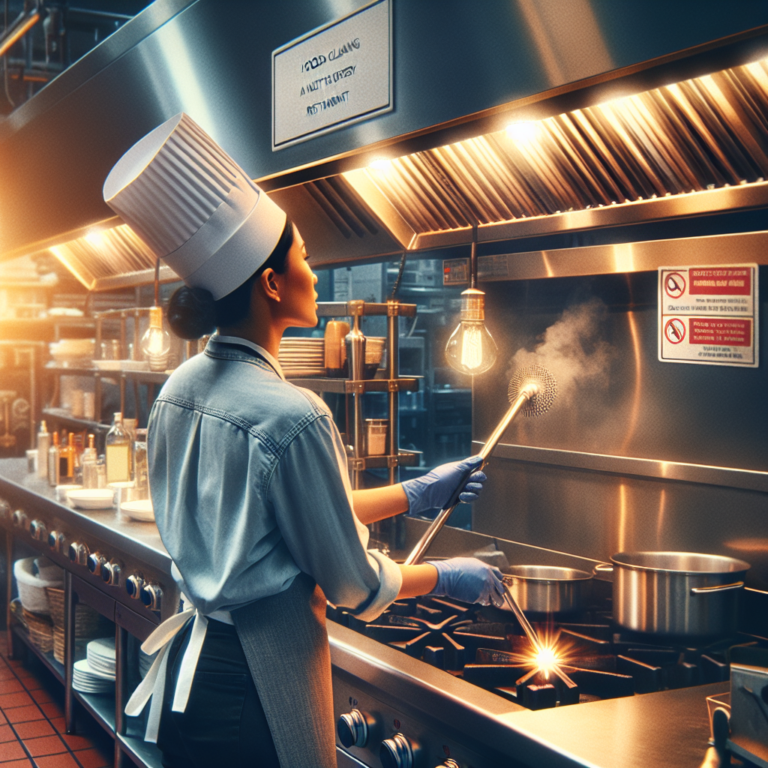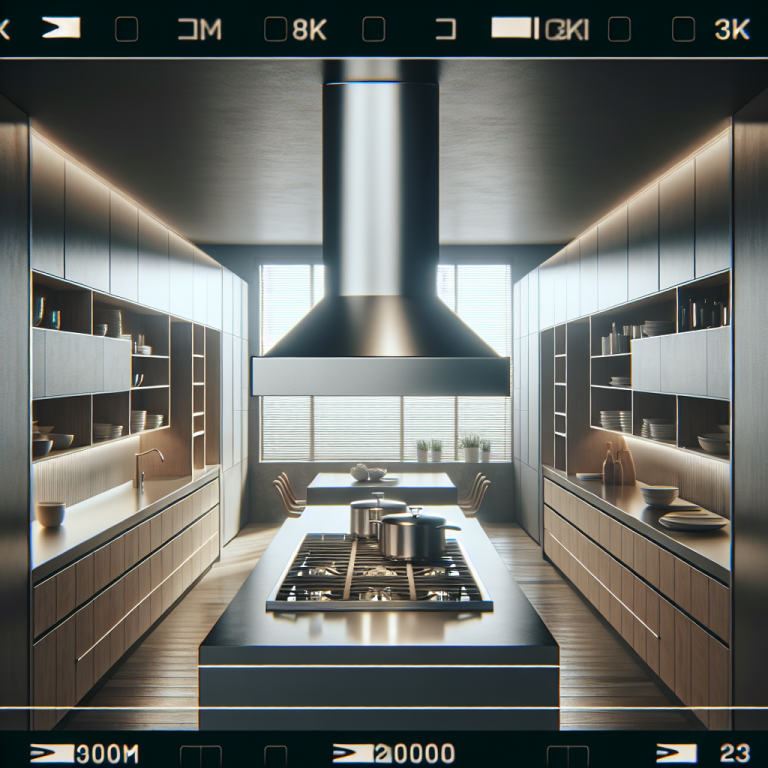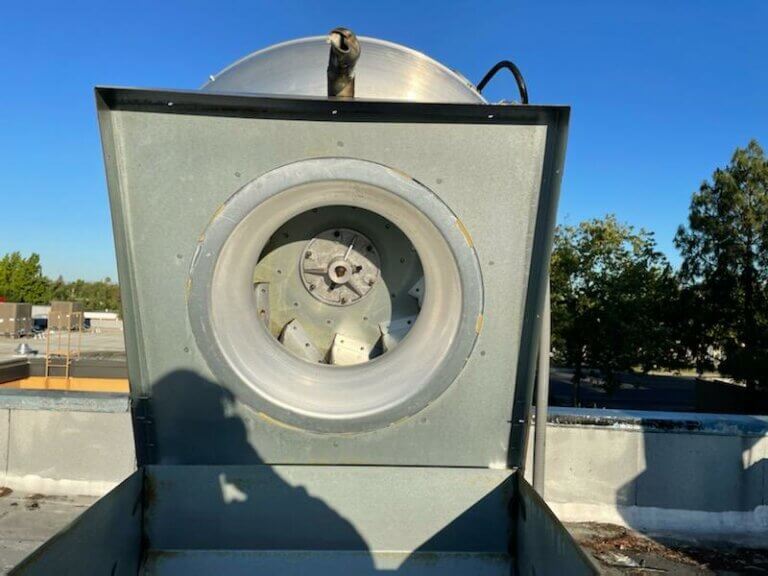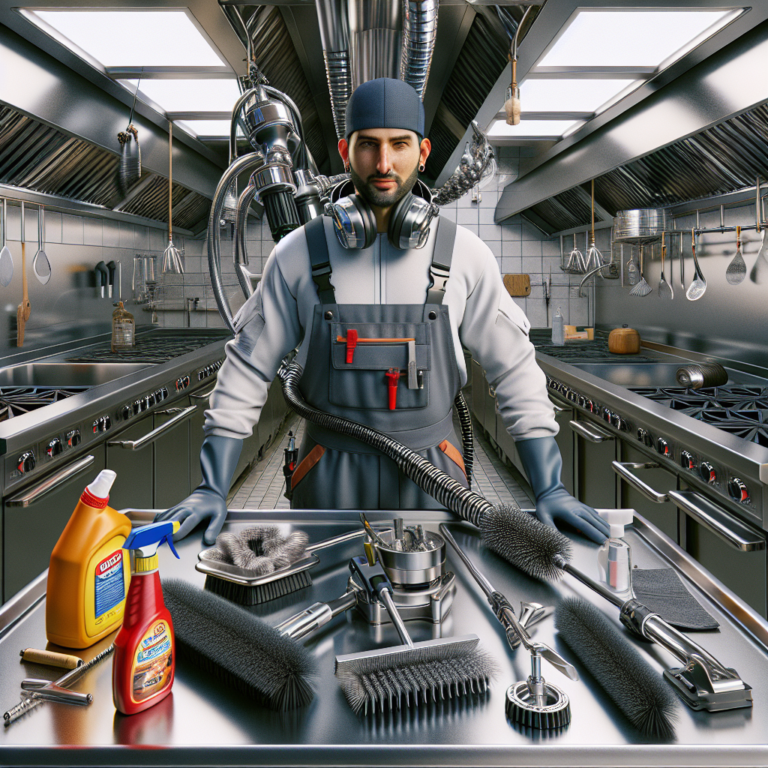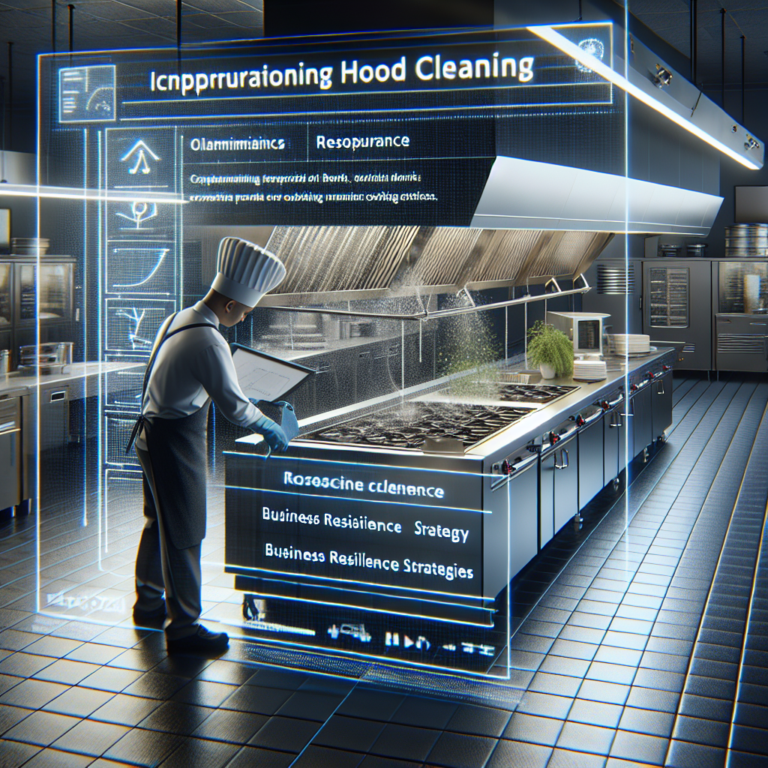Mastering Compliance with Local State and Federal Hood Cleaning Rules
Understanding Hood Cleaning Regulations: A Critical Aspect of Commercial Kitchen Maintenance
Managing a bustling kitchen in a city like Los Angeles requires more than exceptional culinary skills and a dedicated staff. With regulations at the local, state, and federal levels, especially those surrounding hood cleaning, staying compliant is crucial for restaurant owners in Los Angeles, Santa Monica, Orange County, and beyond. In this blog, we will delve into these complex regulations and help demystify the processes and standards necessary to keep your commercial kitchen hoods in top shape and government-approved.
The Importance of Hood Cleaning Compliance
Commercial kitchen hood cleaning is not just another tick box on your maintenance to-do list. It’s an integral part of ensuring safety and hygiene within your restaurant. A clean exhaust hood reduces the risk of fires and ensures proper ventilation, which can significantly impact your establishment’s reputation and safety ratings. Non-compliance with hood cleaning regulations can result in fines, increased insurance premiums, or even a shutdown.
Local Hood Cleaning Regulations
Each municipality may have its own specific requirements regarding hood cleaning protocols. In Los Angeles, the Los Angeles County Fire Code stipulates that restaurant owners must adhere to specific maintenance and inspection schedules. Regular inspections by a qualified team are mandated, and any faults or unclean conditions must be rectified promptly.
- Inspection Frequency: For most commercial kitchens, a semi-annual inspection by a certified professional is necessary, although high-volume operations may require more frequent attention.
- Record Keeping: Maintaining detailed records of all inspections and cleaning operations is essential. These should be kept on-site and available for review during health and safety inspections.
State Regulations: The California Perspective
Moving beyond local statutes, California also maintains stringent controls on hood cleaning. These state-level directives ensure that restaurant hood cleaning procedures align with California Fire Code standards, publications like NFPA 96, and OSHA guidelines. Here are some key components to consider:
- Certification Requirements: Hood cleaning technicians must be certified, ensuring they possess the necessary knowledge and skills.
- Cleaning Standards: Adherence to NFPA 96, which dictates minimum standards for grease removal, ventilation, and overall system cleanliness, is mandatory.
- Insurance Impact: Insurance companies often require proof of compliance with these standards to maintain coverage.
Federal Regulations: A Broader Context
On the federal level, hood cleaning regulations are primarily governed by OSHA standards, which emphasize workplace safety. Although these guidelines aren’t focused on hood cleaning per se, they play a crucial role in ensuring overall safety and compliance within commercial kitchens.
- OSHA Standards: Keeping up with OSHA’s requirements can prevent violations that include hefty fines or operational shutdowns.
- Environmental Concerns: Federal guidelines also ensure that leftover waste from kitchen hood cleaning is disposed of responsibly to minimize environmental impact.
Navigating the Maze: Simplifying Compliance
Maintaining compliance amidst an array of regulations can seem overwhelming. However, breaking down the regulations and prioritizing specific tasks can make the process smoother.
- Choose Qualified Professionals: Work with certified hood cleaning services familiar with state and federal standards to ensure compliance.
- Stay Informed: Regularly update your knowledge of any changes in legislation. Resources like the Los Angeles County Health Department’s updates can be invaluable.
- Implement a Maintenance Schedule: An organized routine for inspections and cleanings will help to preemptively address any issues.
The Future of Hood Cleaning Regulations
As technology evolves, so do regulations. The future may bring electronic monitoring of hood systems for real-time data on cleanliness and efficiency or new eco-friendly cleaning technologies that could become standard. Staying on the cutting edge helps not only in compliance but also in enhancing your kitchen’s efficiency and sustainability.
Your Next Step
In the ever-evolving world of restaurant regulations, staying compliant is more important than ever. For those in Los Angeles looking to ensure their kitchen safety and compliance, consider reaching out to a trusted professional. For more information and services related to restaurant hood cleaning, explore local experts who specialize in understanding and navigating these complex mandates. Keeping up with these requirements ensures safety, operational efficiency, and peace of mind as you focus on what you do best—creating culinary masterpieces.

